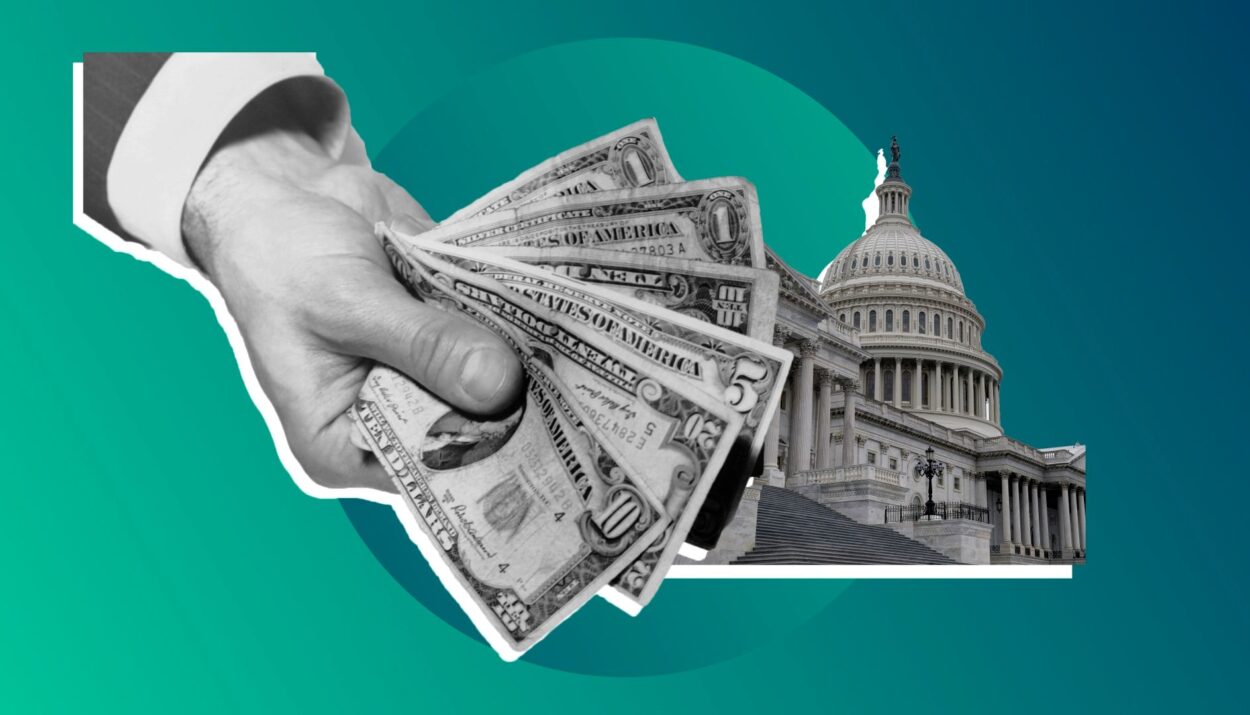The U.S. debt ceiling is again under scrutiny as Congress grapples with decisions that could impact the nation’s financial stability. According to CNN, the debate over raising the debt ceiling has far-reaching implications for the economy, government operations, and global markets.
What is the Debt Ceiling?
The debt ceiling is a legislative cap on the total amount of money the U.S. government can borrow to meet its existing obligations. These obligations include funding for Social Security, military salaries, Medicare, and interest on the national debt.
Key Points:
- It does not authorize new spending but allows the government to pay for expenses already approved by Congress.
- Failing to raise or suspend the debt ceiling could lead to a default, with severe economic consequences.
Current Situation in 2025
1. Congressional Stalemate
- Partisan Debate: Lawmakers are divided, with one side demanding spending cuts in exchange for raising the ceiling, while the other argues that default must be avoided at all costs.
- Impasse Risks: Prolonged debates could lead to market uncertainty, increased borrowing costs, and delays in government payments.
2. Economic Impact
- Global Markets: A U.S. default would likely cause turmoil in global financial markets, undermining confidence in Treasury bonds, which are considered one of the safest investments.
- Domestic Concerns: Potential consequences include delays in government salaries, tax refunds, and reduced public services.
Historical Context
1. Past Debt Ceiling Crises
- In 2011, a similar standoff led to the U.S. losing its AAA credit rating for the first time.
- Market volatility and increased borrowing costs followed, highlighting the dangers of brinkmanship.
2. Rising National Debt
- The national debt has grown significantly, exceeding $33 trillion in 2025.
- Critics argue that frequent increases in the debt ceiling reflect broader issues of fiscal mismanagement.
Future Outlook
Potential Scenarios
| Scenario | Outcome |
|---|---|
| Ceiling Raised/Suspended | Avoids default, maintains market stability, but adds to national debt. |
| Default on Debt | Severe economic repercussions, including a potential recession. |
| Short-Term Agreement | Temporary relief, but continued political and economic uncertainty. |
Global Implications
- As the world’s largest economy, U.S. fiscal policy affects global markets. A default could destabilize international economies, particularly those heavily invested in U.S. Treasury bonds.
The 2025 debt ceiling debate underscores the fragility of the U.S. fiscal framework and the high stakes involved in resolving these political standoffs. As CNN highlights, the decisions made in the coming weeks will have profound implications for the economy, government operations, and the nation’s reputation on the global stage.










